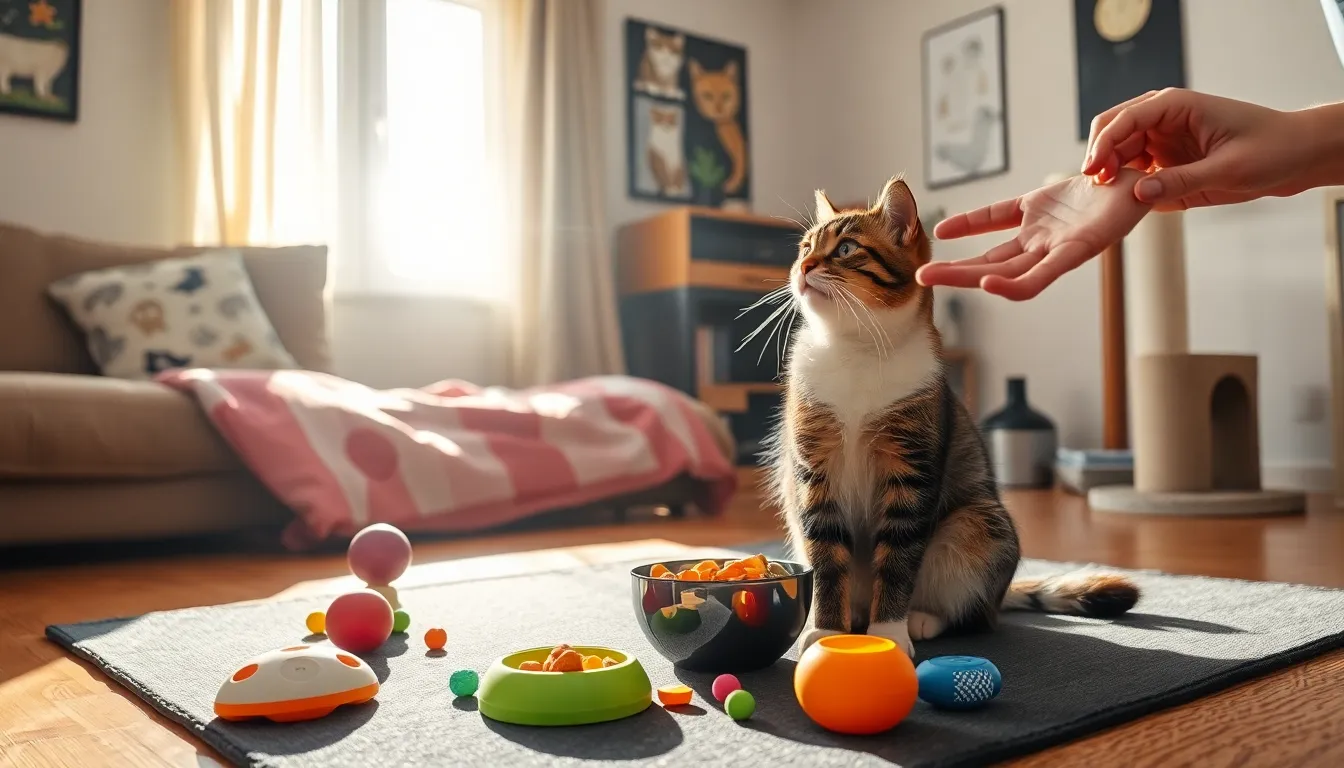Welcome to a world where your feline friend is not just a cuddly companion but also a well-trained marvel! In this article, we’ll share 15 easy and effective cat training tips that promise to enhance your life and strengthen the bond with your pet. Each tip is designed to be straightforward, ensuring that both you and your cat enjoy the training process. Get ready for a transformative journey into the delightful world of cat training!
1. Start with Clicker Training
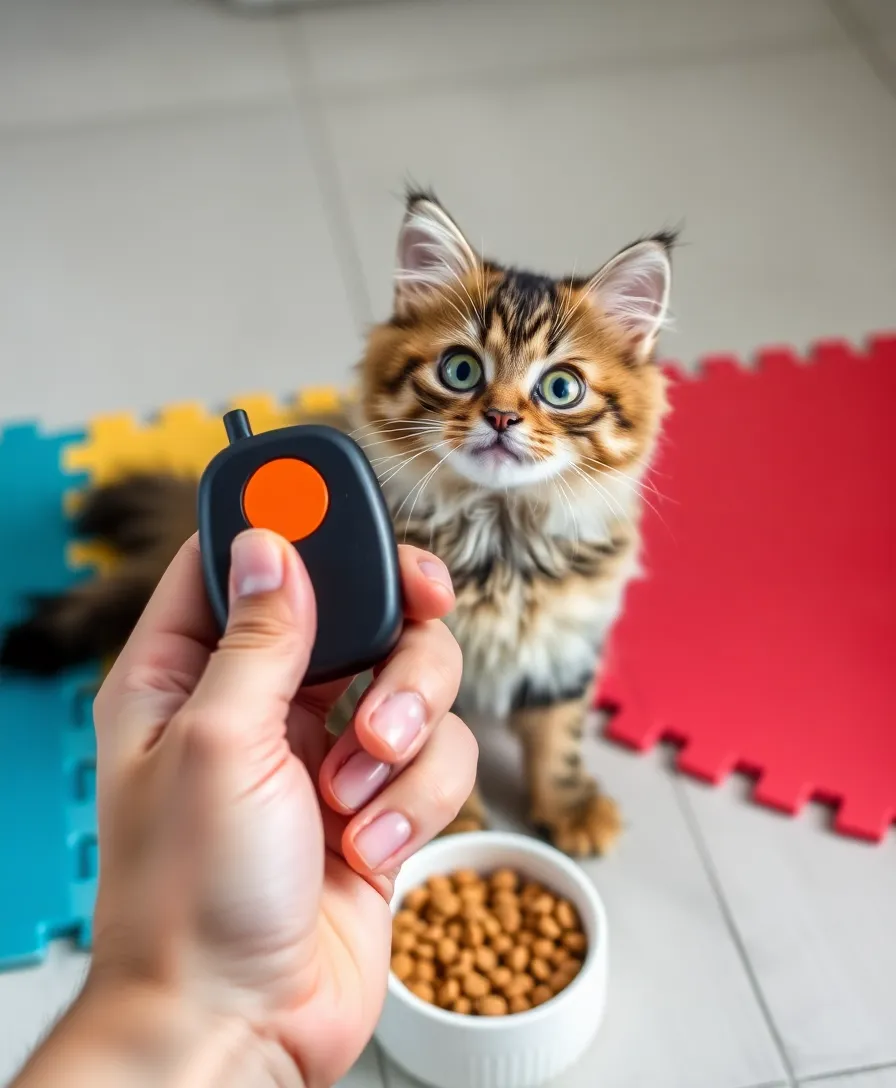
Clicker training is a fantastic way to communicate effectively with your cat. Using a small device that makes a distinct clicking sound, you can signal to your cat that they’ve done something right. The beauty of this method lies in its clarity and consistency; every time your cat performs the desired behavior, you click and follow up with a treat. Over time, your cat will associate the click with positive reinforcement, making them more likely to repeat those behaviors. This method is especially effective for teaching tricks or correcting unwanted behaviors. Start with simple commands like ‘sit’ or ‘high five’ and watch your cat shine!
2. Use Positive Reinforcement
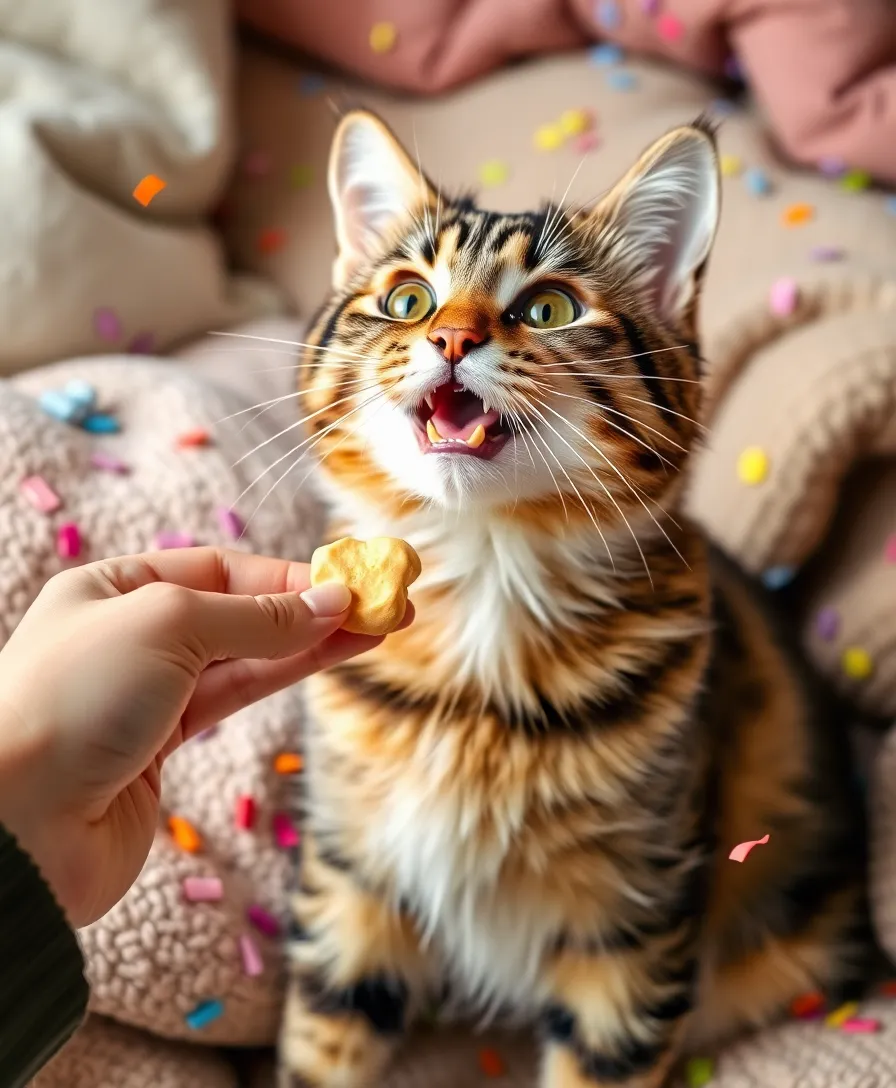
Positive reinforcement is the cornerstone of effective cat training. Rewarding your cat with treats, praise, or playtime whenever they exhibit the desired behavior creates a strong incentive for them to repeat that behavior. This method not only builds trust between you and your cat but also fosters a joyful learning environment. Remember to be patient; every cat learns at their own pace and responds differently. Celebrate each small victory, and soon, your cat will be eager to please you!
3. Keep Training Sessions Short

Cats have short attention spans, so keeping training sessions brief is crucial. Aim for about 5-10 minutes per session to keep your cat engaged and focused. This approach not only prevents boredom but also makes the training feel like a fun game rather than a chore. Schedule multiple short sessions throughout the day to reinforce learning. By keeping it light-hearted and fun, your cat will look forward to these sessions, enhancing their overall experience.
4. Establish a Routine
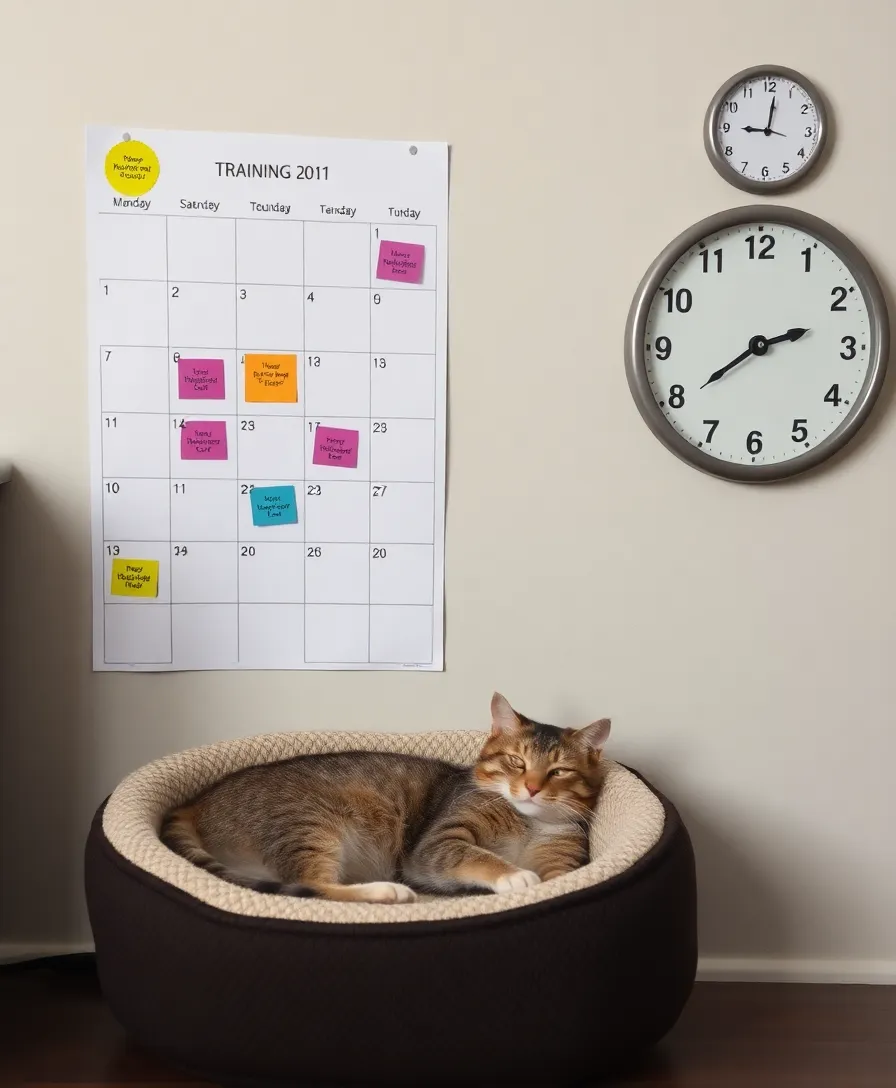
Cats thrive on predictability, and establishing a routine can significantly enhance your cat’s training success. Choose specific times for training sessions, feeding, and playtime, so your cat knows what to expect. This consistency helps your cat feel secure and makes them more receptive to training. Combine training with daily activities, like feeding or playtime, and your cat will begin to associate these moments with positive experiences.
5. Use Interactive Toys
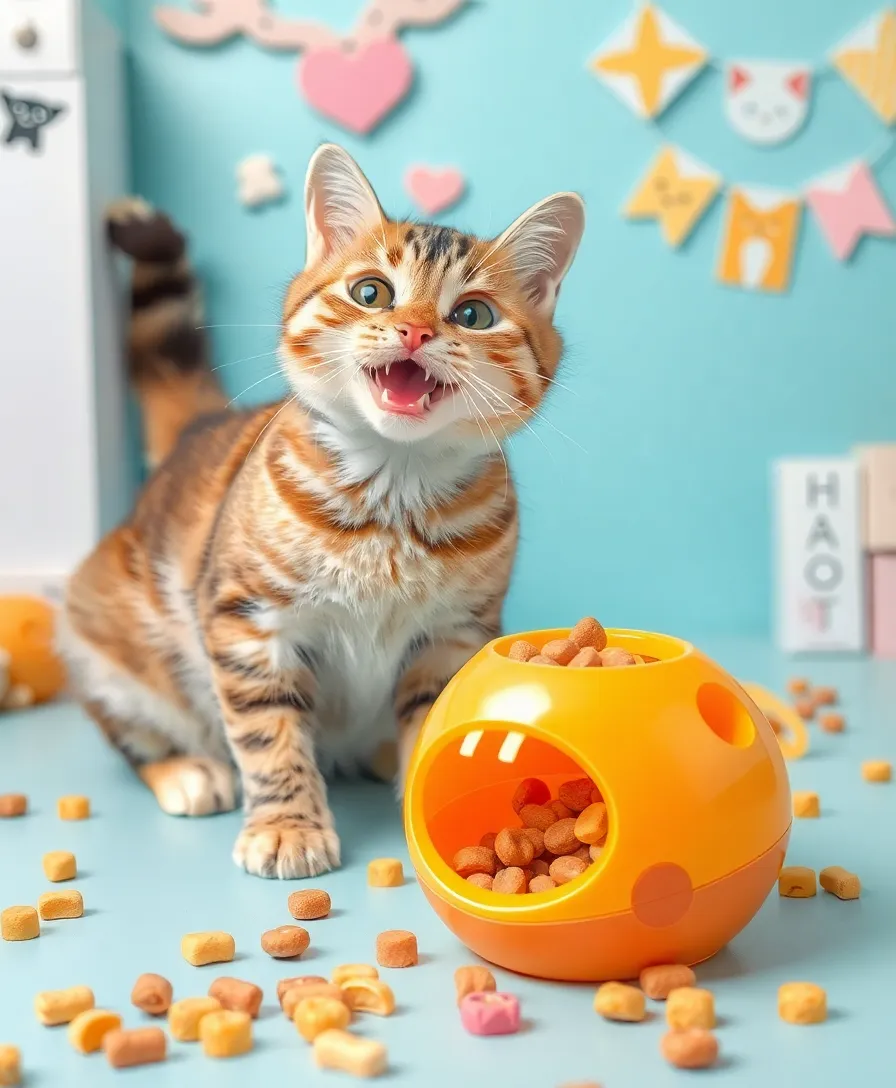
Interactive toys are a wonderful way to keep your cat engaged while simultaneously training them. Toys that dispense treats or require problem-solving skills encourage your cat to think and learn. These toys not only provide mental stimulation but also help reinforce positive behaviors as your cat learns to ‘work’ for their rewards. Incorporate these toys into your training sessions to make learning fun and rewarding!
6. Teach One Command at a Time
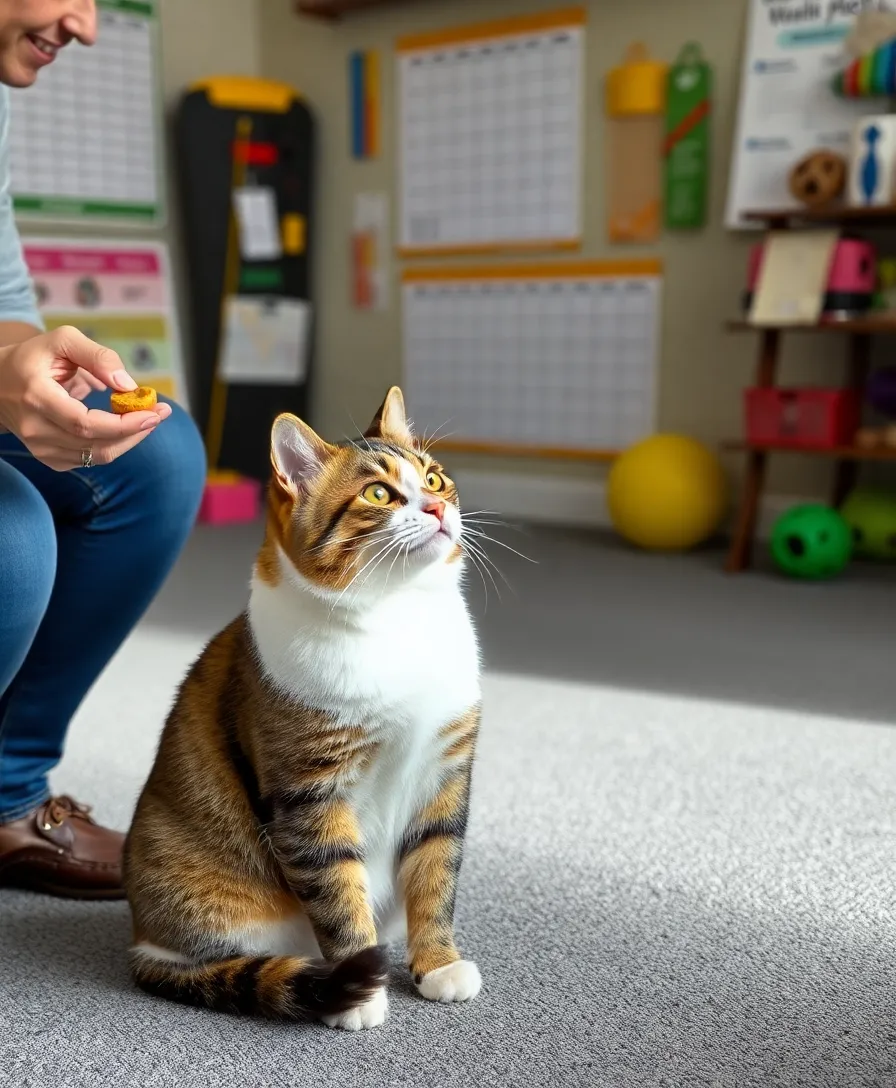
When training your cat, it’s best to focus on one command at a time. This allows your cat to fully understand what is expected of them without becoming overwhelmed. Choose a simple command like ‘come’ or ‘sit’ and practice it consistently until your cat masters it. Once they’ve grasped the first command, you can move on to the next. This step-by-step approach ensures clarity and helps your cat learn more effectively.
7. Make it Fun!
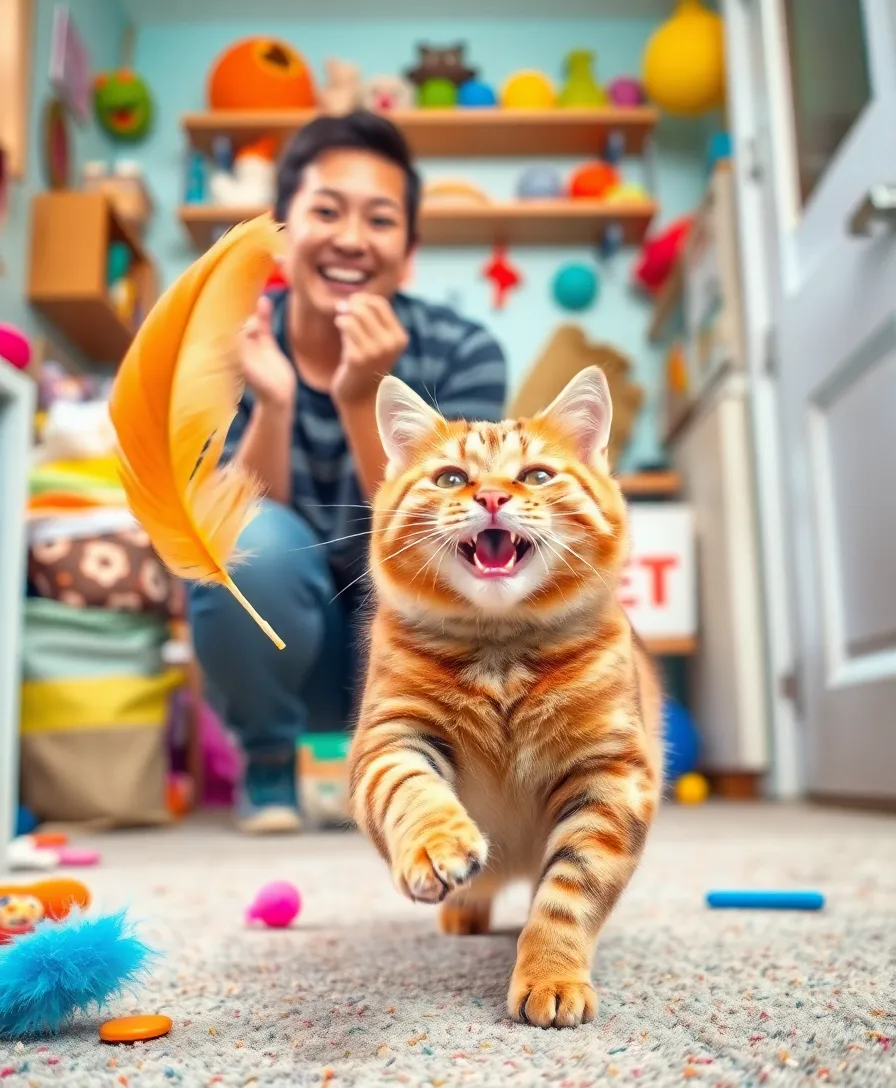
Training should never feel like a chore! Incorporate games and play into your sessions to keep your cat engaged and excited. Use feathers, strings, or laser pointers as rewards or distractions during training. This playful approach not only enhances your cat’s learning experience but also strengthens the bond you share. Remember to celebrate their achievements with enthusiasm, turning training into a joyful experience for both of you!
8. Be Patient and Consistent

Patience is key when it comes to cat training. Each cat has its unique personality and learning pace, so be prepared for some trial and error. Consistency in your commands, rewards, and training approach will help reinforce the behaviors you want to encourage. Celebrate progress, no matter how small, and remain encouraging. Your cat will pick up on your energy and respond accordingly!
9. Socialize Your Cat
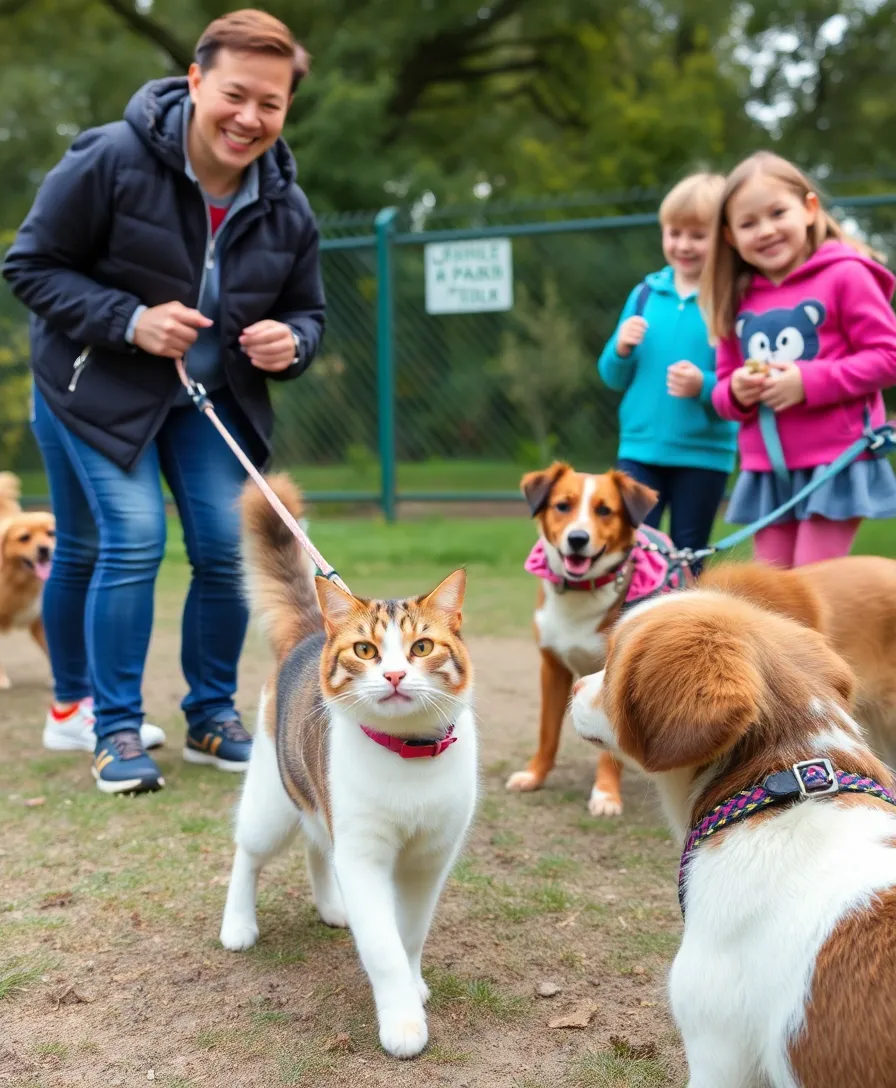
Socialization is an essential aspect of training, especially for kittens. Exposing your cat to different environments, people, and even other animals can help them become more confident and adaptable. This exposure allows your cat to learn how to interact appropriately, reducing anxiety and fear. Use treats to reward positive interactions, helping your cat associate new experiences with positive outcomes.
10. Use a Variety of Treats

Variety is the spice of life, and the same goes for training treats! Use different types of treats to keep your cat interested and motivated during training sessions. Experiment with soft treats, crunchy treats, and even small pieces of cooked chicken or fish. The more exciting and varied the rewards, the more eager your cat will be to participate in training. Just remember to adjust their regular food intake to balance their diet!
11. Train in Short Bursts

Cats can become fatigued, so breaking training into short bursts can help maintain their focus and enthusiasm. Instead of one long session, try multiple 2-5 minute sessions throughout the day. This approach keeps your cat engaged and allows them to absorb information more effectively. It also makes it easier to fit training into your daily routine, ensuring you both enjoy the process.
12. Create a Distraction-Free Zone

Distractions can hinder the training process, so it’s beneficial to create a distraction-free zone for your sessions. Choose a quiet room or a specific area where your cat can focus entirely on you and the training tasks at hand. Remove any items that could divert their attention, like toys or other pets. This focused environment will help your cat learn more efficiently and will enhance the overall training experience.
13. Use Visual Cues
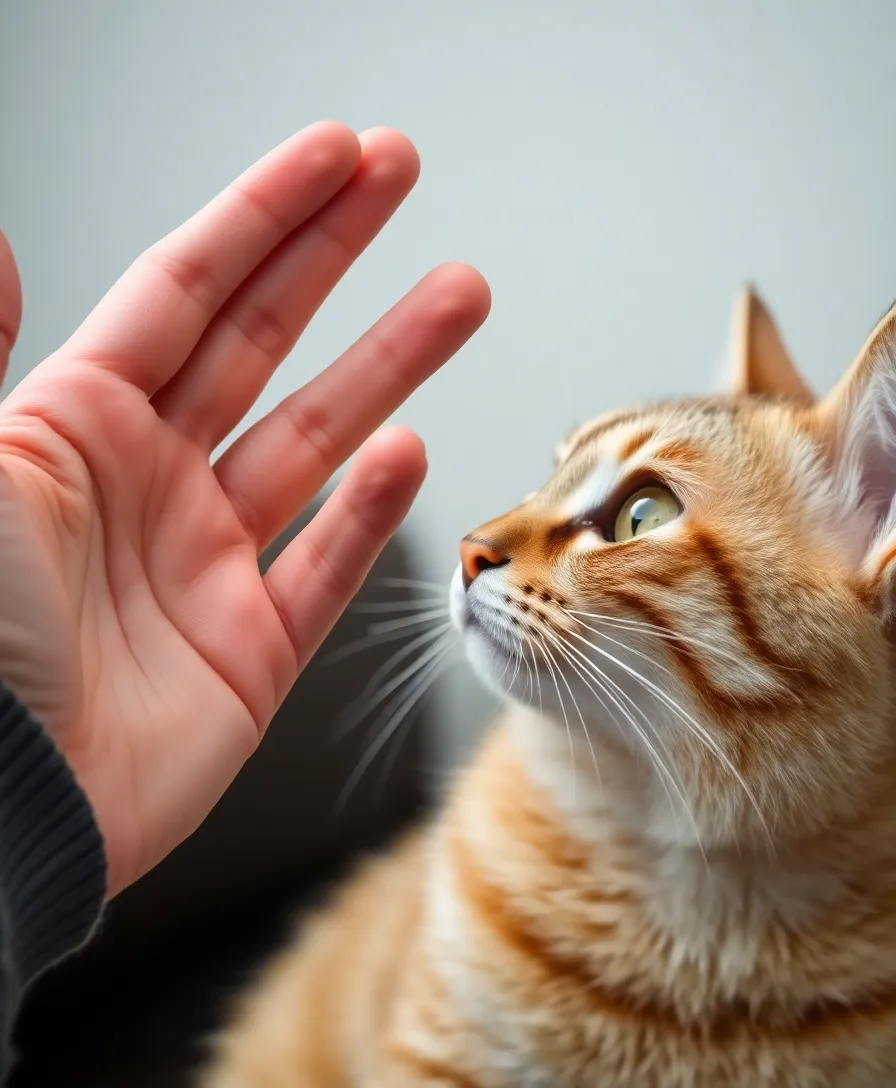
Visual cues can be incredibly helpful in cat training. Using hand signals or gestures alongside verbal commands can help reinforce what you are trying to teach your cat. Cats are visual learners, so they can often pick up on these cues faster than verbal commands alone. Be consistent with the visual signals you use, and your cat will soon start responding to them instinctively.
14. Gradually Increase Difficulty
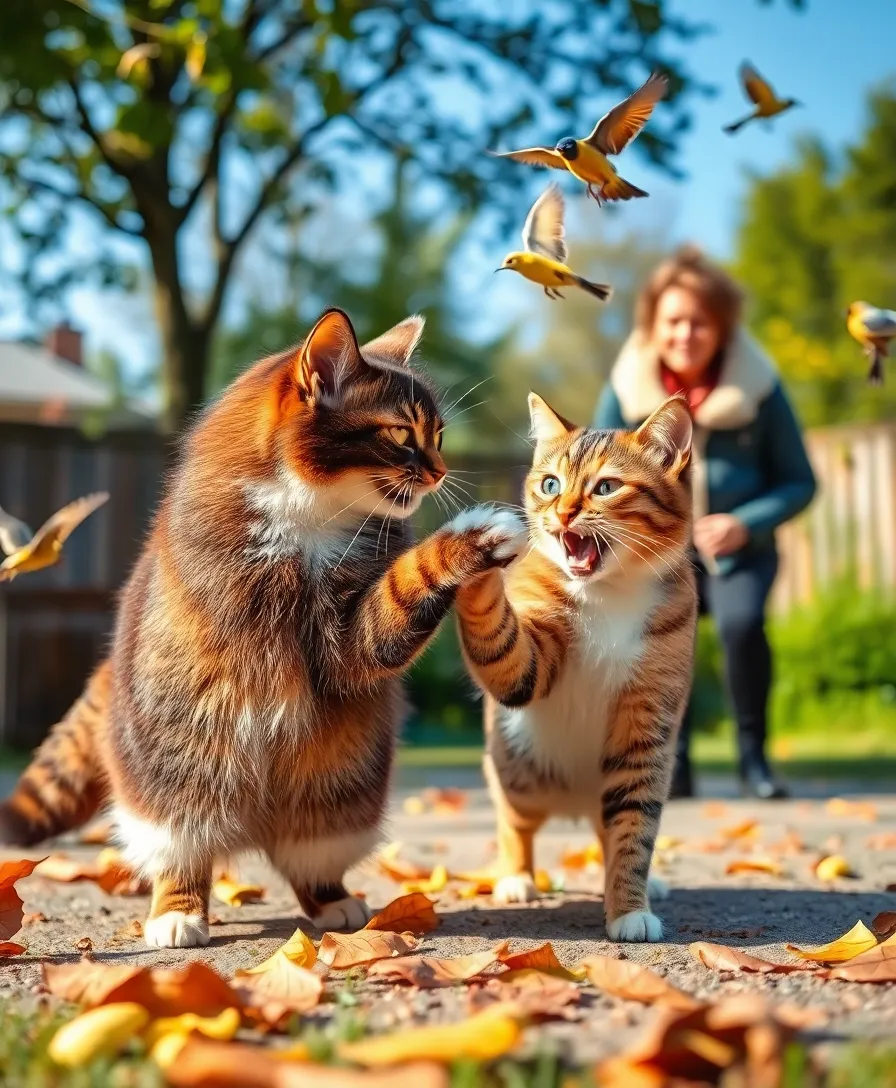
Once your cat has mastered a command, it’s time to gradually increase the difficulty to keep them challenged and engaged. Start by adding distractions or practicing in new environments. This progressive approach helps your cat adapt to various situations and reinforces their learning. Be sure to reward them for their efforts, even if they don’t get it right every time. This encouragement will motivate them to keep trying!
15. End on a Positive Note

Always conclude your training sessions on a positive note. Finish with a command your cat knows well and reward them with treats and praise. This leaves your cat with a sense of accomplishment and reinforces their desire to participate in future training. Ending positively creates a strong association between training and enjoyable experiences, making your cat eager for the next session.
Conclusion

With these 15 easy and effective cat training tips, you’re well on your way to transforming your cat into a well-behaved companion! Remember to be patient and enjoy the process. Your cat will not only learn new tricks but also build a stronger bond with you along the way. Don’t hesitate to share your training successes and tips with fellow cat lovers!

